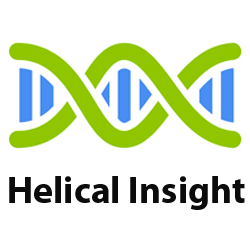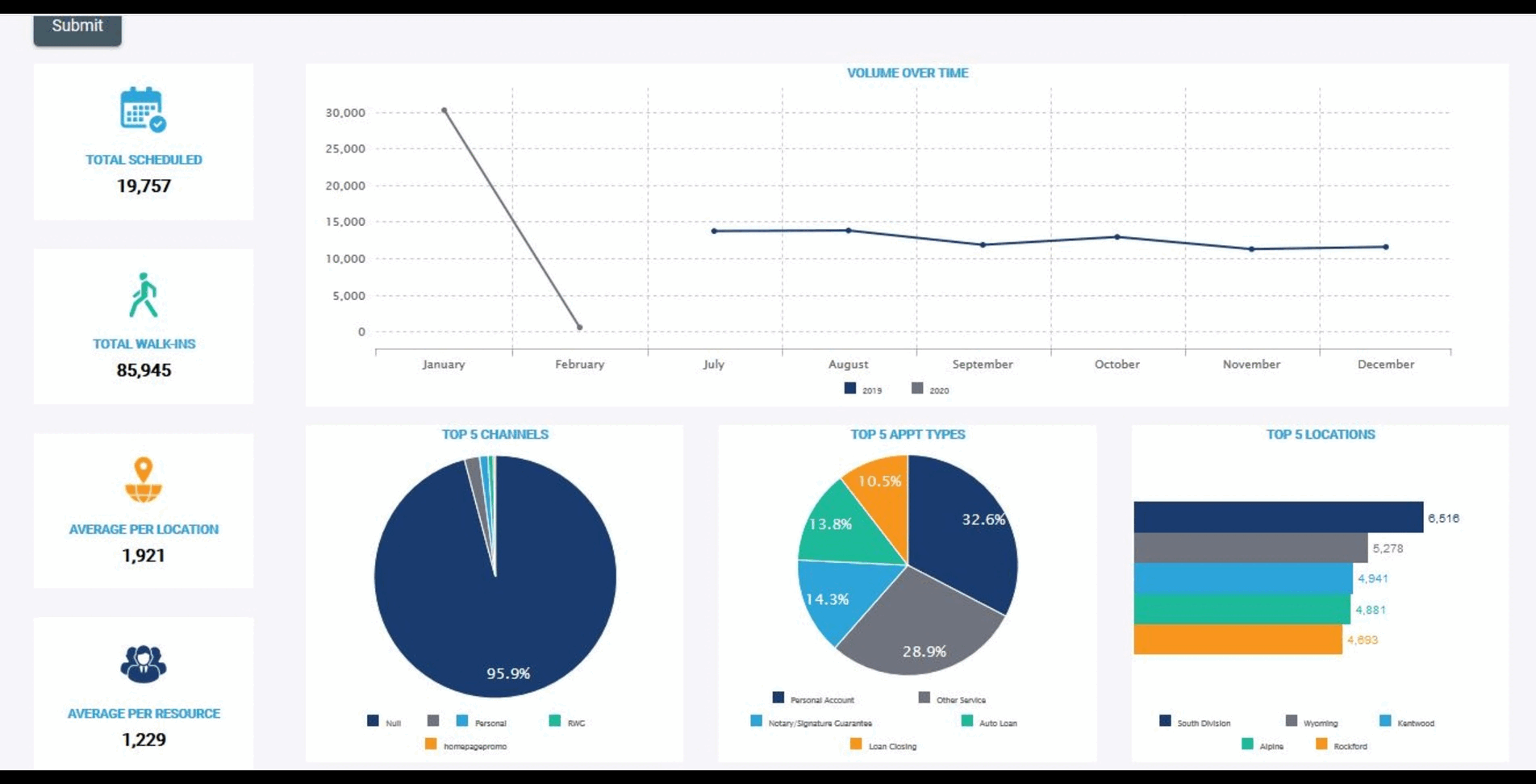Dive into the world of data warehousing with our comprehensive guide to the top 5 open-source data warehousing tools. From seamless integration to robust analytics, these platforms empower businesses with scalable solutions for managing and analyzing their data efficiently. Discover the perfect fit for your organization’s data needs today!
Unlock powerful, cost-effective data warehousing with Helical Insight – the best open-source solution for your business!
What are the Data warehousing Tools?
Data warehousing tools are essential for businesses seeking to streamline data management and analysis. These tools empower organizations to gather, store, and analyze vast amounts of data from disparate sources, providing valuable insights for informed decision-making. Popular data warehousing tools include industry giants like Helical Insight, Amazon Redshift, Google BigQuery, and Snowflake, renowned for their scalability and performance. Additionally, traditional players like IBM InfoSphere and Microsoft SQL Server continue to evolve, offering comprehensive solutions for enterprises of all sizes. With features such as data integration, transformation, and advanced analytics, these tools serve as the backbone of modern data-driven enterprises, driving innovation and competitive advantage.
Benefits of Using An Data warehousing Tools
Introducing the manifold advantages of data warehousing tools, these platforms revolutionize how businesses manage and leverage their data assets. From centralized storage and enhanced data quality to scalability and real-time analytics, these tools propel organizations towards more informed decision-making and competitive agility. Dive into our curated list to explore the transformative benefits awaiting those who harness the power of data warehousing.
- Centralized Data Storage: Data warehousing tools provide a centralized repository for storing all types of data, including structured, semi-structured, and unstructured data, making it easily accessible for analysis.
- Improved Data Quality: These tools offer features such as data cleansing, transformation, and normalization, ensuring data accuracy and consistency across the organization.
- Enhanced Data Analysis: With robust analytics capabilities, data warehousing tools enable businesses to perform complex queries, generate reports, and derive actionable insights from large datasets in a timely manner.
- Scalability: Scalability is a key advantage of data warehousing tools, allowing organizations to effortlessly scale up or down their storage and processing capabilities based on evolving business needs.
- Faster Decision-Making: By providing real-time or near-real-time access to data, these tools empower decision-makers to make informed decisions quickly, leading to improved business agility and competitiveness.
- Cost Efficiency: Despite initial setup costs, data warehousing tools offer long-term cost savings by optimizing data storage, reducing manual effort in data management, and minimizing the need for multiple disparate systems.
- Integration with Business Intelligence (BI) Tools: Seamless integration with BI tools allows users to create interactive dashboards, data visualizations, and ad-hoc reports, facilitating better data-driven decision-making across the organization.
- Compliance and Security: Data warehousing tools often come with built-in security features such as encryption, access controls, and audit trails, ensuring data privacy and regulatory compliance, which is crucial in industries like finance and healthcare.
- Support for Big Data and Advanced Analytics: Many data warehousing tools support big data technologies and advanced analytics techniques such as machine learning and predictive modeling, enabling businesses to uncover deeper insights and drive innovation.
- Business Agility and Innovation: Ultimately, data warehousing tools empower organizations to adapt quickly to changing market dynamics, innovate new products or services, and stay ahead of the competition in today’s data-driven economy.
Unlock powerful, cost-effective data warehousing with Helical Insight – the best open-source solution for your business!
Top 5 Open Source Data warehousing Tools
1. Helical Insight

Helical Insight is a robust open-source business intelligence (BI) platform that empowers users to create interactive reports, dashboards, infographics, and map-based analytics. It offers a self-service interface, enabling users to generate insights without heavy reliance on IT teams.
Key Features:
- Self-Service Interface: Helical Insight provides an intuitive interface for users to effortlessly create reports, dashboards, infographics, and map-based analytics, reducing dependence on IT resources.
- Visualization Options: It offers a wide array of visualization options with drill-down, drill-through, and inter-panel communication features, enhancing data exploration and analysis capabilities.
- NLP (GenAI) Data Analysis: Helical Insight is developing NLP (Natural Language Processing) based data analysis capabilities, allowing users to interact with data using natural language queries for deeper insights.
- Canned Reports: Users can generate printer-friendly canned reports resembling documents, catering to various reporting needs.
- Exporting and Email Scheduling: It supports exporting reports in multiple formats and enables scheduling and automatic email delivery of reports (report bursting).
- White Labeling and Embedding: Helical Insight offers white-labeling options for customization and seamless embedding of BI components into existing applications or portals.
- Single Sign-On (SSO): It supports various methods of Single Sign-On for streamlined user authentication and access control.
- Browser-Based and On-Premise Installation: Being a browser-based application, Helical Insight facilitates easy access from any web browser. It also offers on-premise installation for data security and compliance requirements.
- Cloud and Mobile Support: Helical Insight extends its support to cloud deployment options and ensures compatibility with mobile devices for on-the-go access to insights.
- Support for Various Data Sources: It seamlessly integrates with various databases, flat files, columnar databases, and more, ensuring flexibility in data connectivity and analysis.
- Caching and Pagination: Helical Insight employs caching mechanisms for improved performance and implements pagination for efficient data handling.
- Container Support: It supports containerization technologies like Docker and Kubernetes, enabling easy deployment and management in containerized environments.
- Extensive API Support: Helical Insight offers an extensive set of APIs, empowering developers to customize and extend BI functionalities according to specific requirements.
- Developer-Friendly BI Framework: With its developer-friendly architecture and APIs, Helical Insight provides a flexible framework for building tailored BI solutions.
- Flexible Pricing: It offers flat pricing with various options such as perpetual licenses, subscription models, etc., catering to diverse budgetary and licensing needs.
To download and try for free, plz register here. Reach out to support@helicalinsight.com for any more questions.

2. Apache Hive

Apache Hive is a data warehousing tool built on top of Apache Hadoop for querying and managing large datasets stored in distributed storage. It provides a SQL-like interface (HiveQL) to query and analyze data stored in Hadoop’s HDFS.
Key Features:
- Supports SQL-like queries for data analysis.
- Integrates seamlessly with Hadoop ecosystem tools like HBase, Spark, and Pig.
- Enables schema-on-read approach, allowing flexibility in data storage formats.
- Provides a rich set of built-in functions for data manipulation.
Unlock powerful, cost-effective data warehousing with Helical Insight – the best open-source solution for your business!
3. Apache Spark

Apache Spark is a fast and general-purpose distributed computing system designed for big data processing. While it’s not solely a data warehousing tool, Spark’s SQL module provides capabilities for running SQL queries on large datasets, making it suitable for data warehousing tasks.
Key Features:
- In-memory computation for high performance.
- Supports multiple programming languages like Scala, Java, Python, and R.
- Provides a unified analytics engine for batch processing, streaming, machine learning, and graph processing.
- Offers seamless integration with other data sources and formats.
4. Presto

Presto is a distributed SQL query engine designed for interactive querying of large datasets. It can query data where it lives, including Hive, HBase, relational databases, and even proprietary data stores.
Key Features:
- High performance for ad-hoc queries and interactive analysis.
- Supports ANSI SQL, including complex queries, joins, and aggregations.
- Decouples storage from computation, enabling queries across multiple data sources.
- Provides a customizable architecture with pluggable connectors for different data sources.
Unlock powerful, cost-effective data warehousing with Helical Insight – the best open-source solution for your business!
5. ClickHouse

ClickHouse is an open-source column-oriented database management system designed for real-time analytics on large volumes of data. While not strictly a data warehousing tool, its features make it suitable for analytical workloads.
Key Features:
- Optimized for high-performance analytics with low-latency query execution.
- Columnar storage engine for efficient data compression and retrieval.
- Supports distributed query processing and horizontal scalability.
- Provides native support for SQL queries, including window functions and data aggregation.
Unlock powerful, cost-effective data warehousing with Helical Insight – the best open-source solution for your business!
